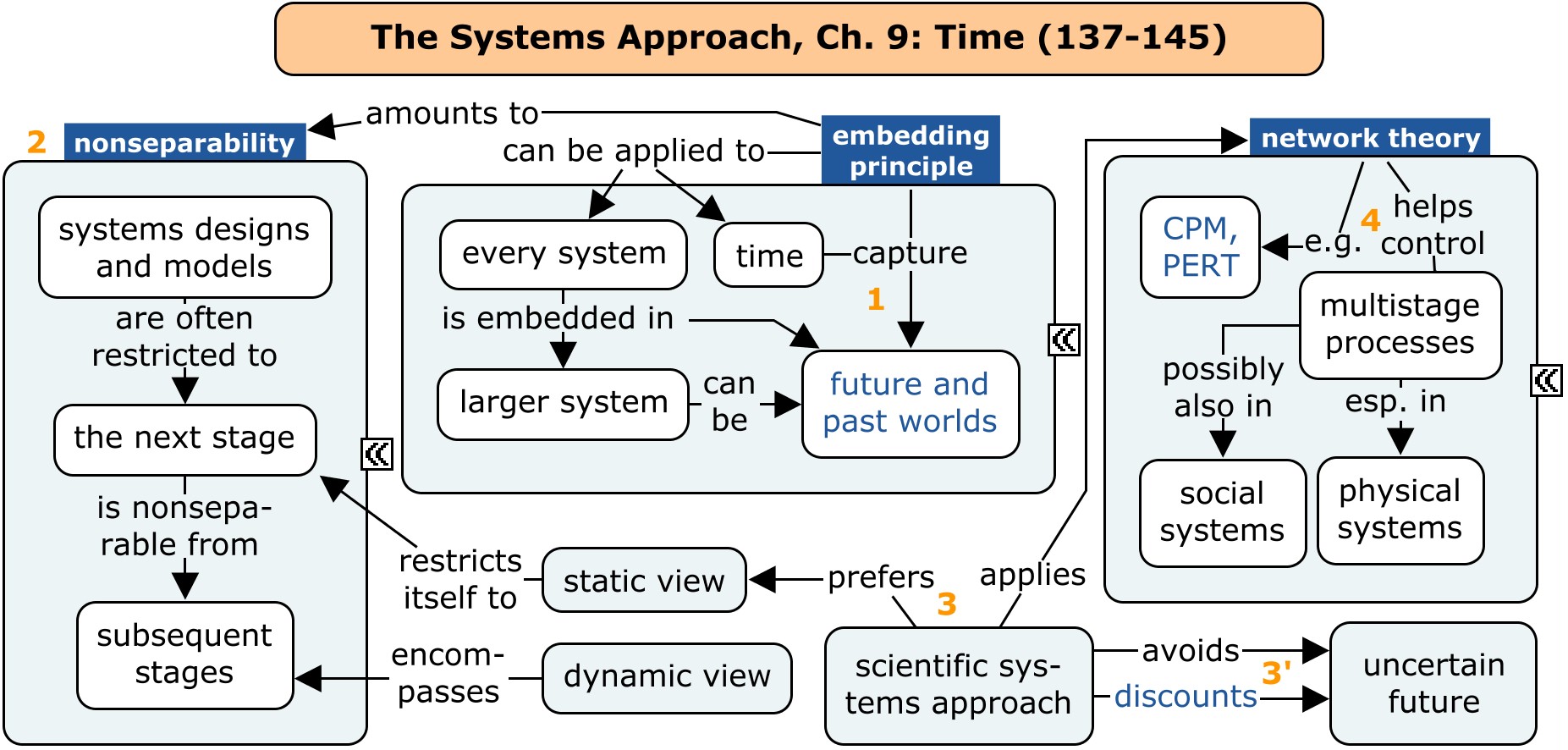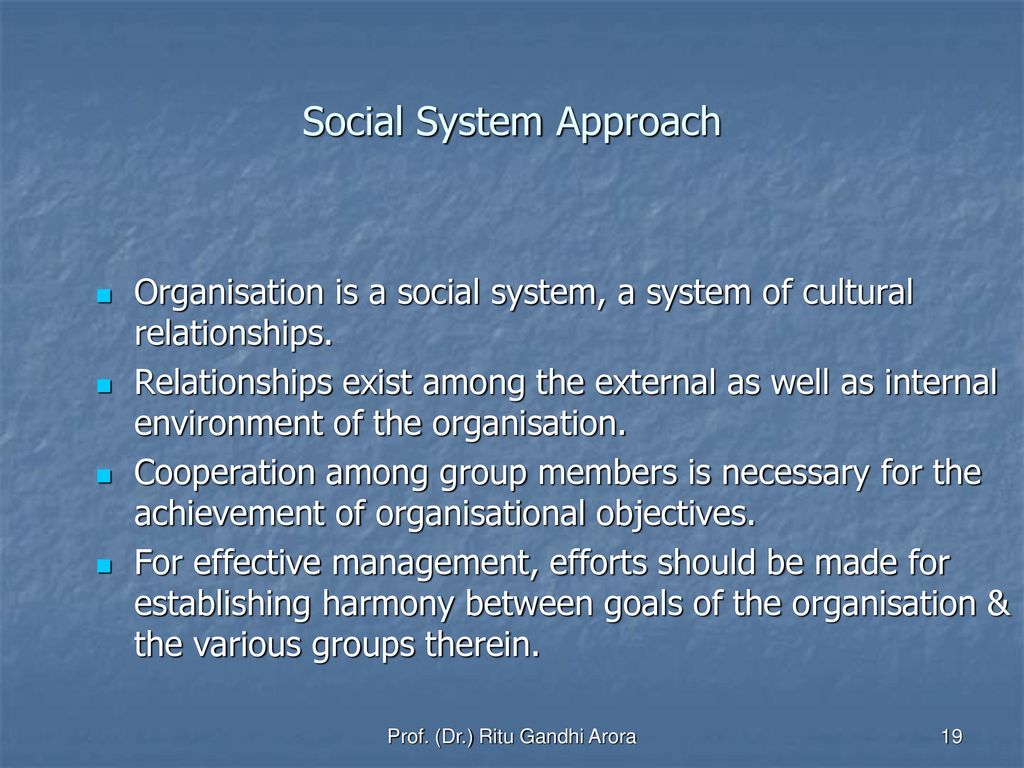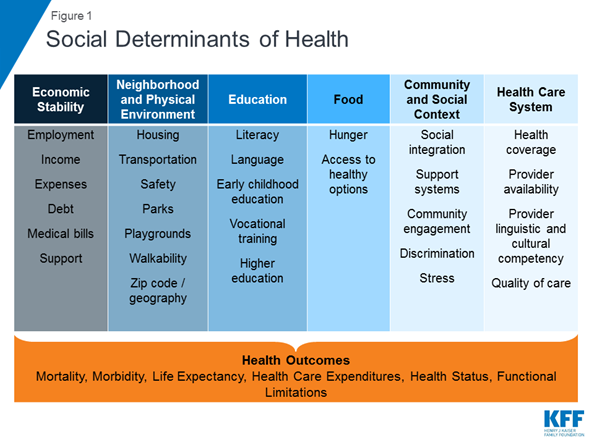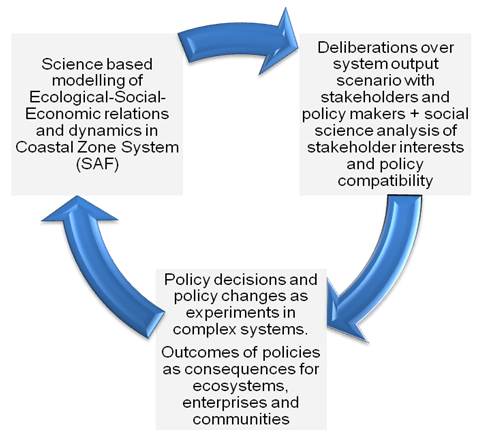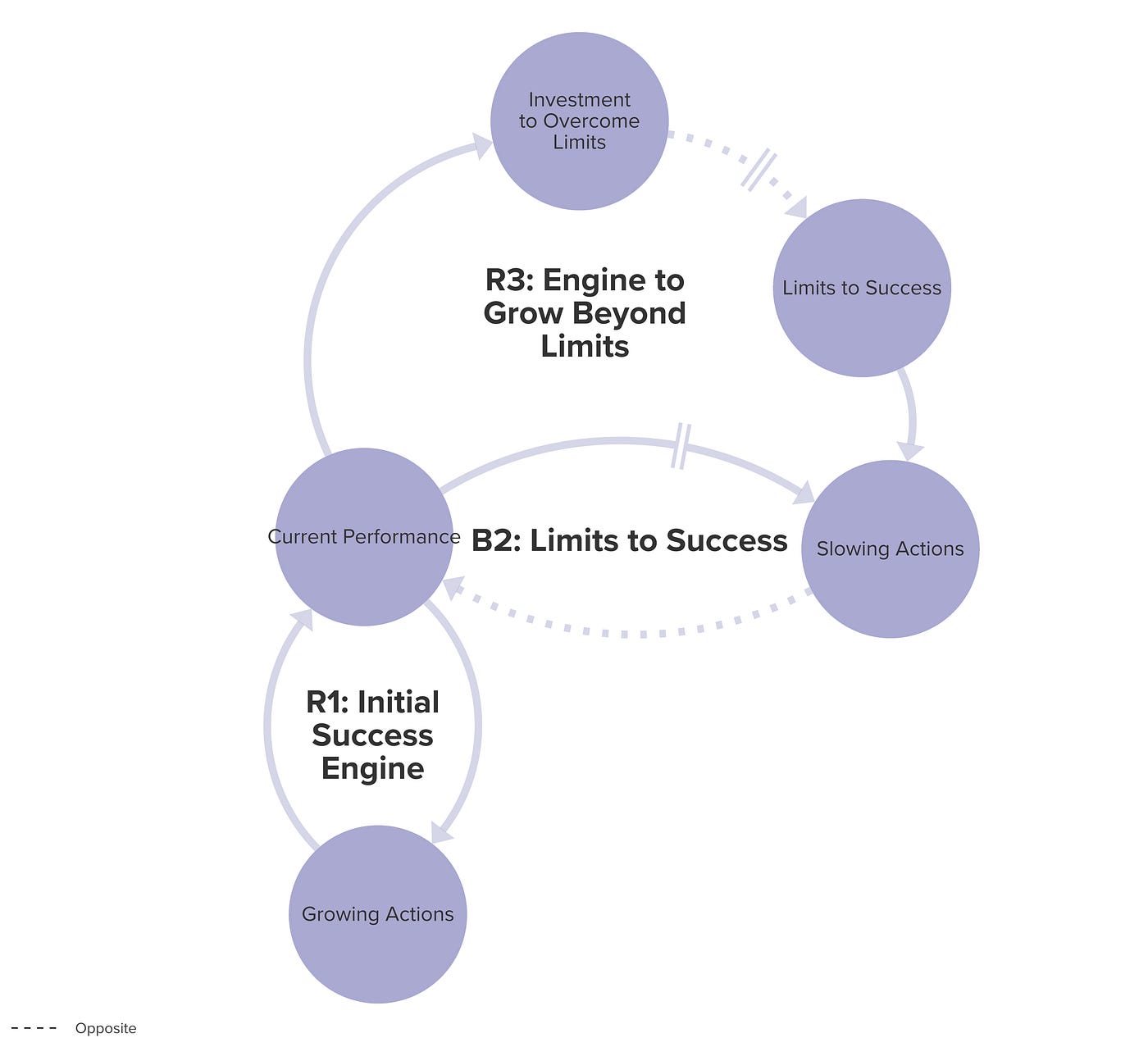The social system approach is a perspective in sociology that emphasizes the ways in which society is organized and how this organization impacts the behavior and experiences of individuals. According to this perspective, society is composed of interconnected systems, such as economic, political, and cultural systems, which interact and influence one another.
One of the key concepts of the social system approach is the idea of social structure. This refers to the patterns of relationships and interactions that exist within a society, including norms, values, and power dynamics. These patterns help to shape the behavior and experiences of individuals within a society, as they are expected to conform to certain roles and expectations.
Another important concept in the social system approach is the idea of social function. This refers to the ways in which various elements of a society contribute to its overall stability and cohesion. For example, the family system serves the social function of reproducing and socializing new members of the society. The economic system serves the social function of producing and distributing resources.
The social system approach also emphasizes the role of institutions in shaping society. Institutions are social organizations that have a specific purpose or function, such as schools, hospitals, and governments. These institutions help to define the roles and expectations of individuals within a society, as well as the rules and regulations that govern their behavior.
One of the major criticisms of the social system approach is that it can be deterministic, suggesting that individuals have little agency or ability to change their circumstances. However, proponents of this perspective argue that while social structure and institutions do play a significant role in shaping individuals' experiences and behavior, individuals also have the ability to resist and challenge these structures.
Overall, the social system approach is a useful perspective for understanding the ways in which society is organized and how this organization impacts the lives of individuals. It highlights the importance of institutions and social structure in shaping behavior and experiences, and it provides a framework for understanding how different systems within a society interact and influence one another.
